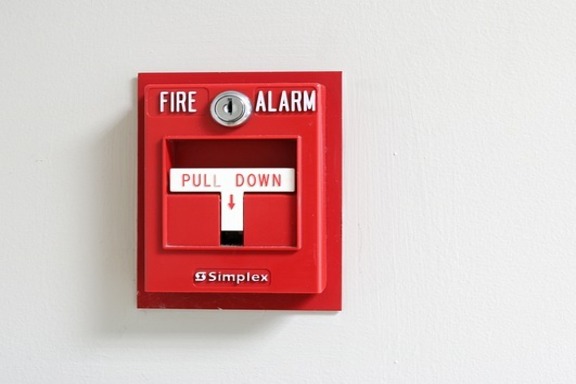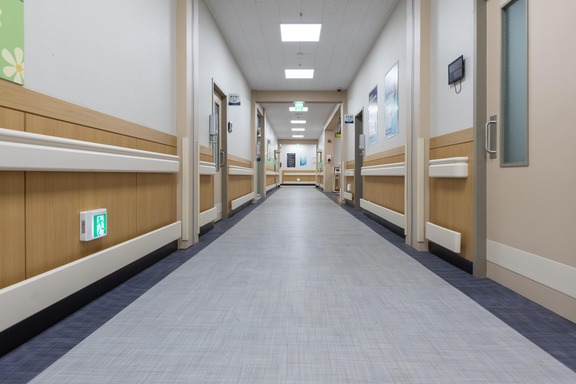Our Regulatory Compliance Program
Regulatory compliance is a very fluid path for any healthcare facility to reman complaint. FMS has seasoned successful administrators that will support your facility to go down the right path. We offer nationwide services. Let us help you find the best solution to compliance for your organization.
We offer the following:
Regulatory Compliance
Ligature Risk Assessment
It is not enough to simply recognize ligature risk in healthcare facilities. Creating a safe environment for all requires performing a risk assessment, establishing a plan, and then following through with actions to reduce identified risks. FMS will place an experienced consultant with regulatory and accreditation expertise, adept survey skills, deep healthcare experience, and the ability to help organizations make self-directed continuous progress towards their goals long after the engagement is completed.
During a Regulatory Survey, facilities must demonstrate more than just awareness, the organization must show that strategies are in place, staff is trained and every effort must be made to adjust, replace, and repair areas of risk as needed. This focus includes inpatient psychiatric units in psychiatric hospitals and general or acute hospitals, as well as any “safe room” used to treat such patients in emergency or other departments.

Regulatory Compliance
Life Safety Assessment
Life Safety Assessments create the foundation for compliance and survey readiness. Experienced FMS consultants will conduct an assessment of your entire facility, top to bottom, to determine whether Life Safety requirements are applied and applied correctly to the NFPA life safety requirements. It is not uncommon to find misunderstood Code requirements or that requirement applications have been lost through the life of the building. FMS looks at the facility as a whole, while also drilling down to specific requirements for specific areas.
FMS firmly believes that assessing all life safety requirements allows regulatory agents and others to clearly see what walls serve as fire or smoke barriers, what rooms are classified as hazardous area, where exits are located, how suites are applied and how your facility applies those requirements in your daily maintenance.

Regulatory Compliance
Life Safety Plan Drawing/Updates
Life Safety Plans are the critical reference tool used by the life safety code surveyor to identify life safety features and determine whether the built conditions are in compliance as required by NFPA 101. FMS has a team of engineers and professionals that have decades of experience in the healthcare environment applying the life safety code to the building structure. Current and accurate Life Safety Plans are not only important for Life Safety surveys, but they can also support a facility manage effective building maintenance programs, fire safety equipment, above ceiling permit processes, compliant fire drills, and Interim Life Safety Measures that are all determined by an accurate set of Life Safety Plans.
FMS is the optimal choice for your Life Safety Plan Drawing needs. Accurate and concise drawings are the key to successful building maintenance activities. FMS has the professionals to help you be compliant to NFAP 101.

Regulatory Compliance
Mock Survey
It is documented that the Environment of Care and Life Safety Chapters are among the top 10 findings resulting from surveys conducted by Accrediting Regulatory Agencies, as well as, Authorities Having Jurisdiction (AHJ). FMS will take a fresh look at your policies, procedures and processes to identify potential areas that may be out of compliance and also identify opportunities for improvement.
By conducting a mock survey, facility managers are provided a comprehensive review of regulatory items which typically fall through the cracks. Identified items may then be proactively addressed thus, reducing the number of findings during a Regulatory Survey.
The FMS focus is to make sure your healthcare facility survey ready at all times.

Regulatory Compliance
Safety Officer Training
The Safety Officer position is very complex, yet extremely important for the safety of the physical environment and continued compliance of the environment of care standards. Documentation, rounding, follow-through of identified deficiencies, and survey readiness are all responsibilities of the facility safety officer. FMS provides over 35 years of experience as a Safety Officer. Our success with Joint Commission accreditation surveys demonstrates the ability to craft documents, policies, meeting requirements and assessments to meet the regulatory standards without critical findings.

